[Newsmaker] South Korea has OECD's second
2024-09-22 07:07:07 [资讯] 来源:CCTV News Channel live broadcast
South Korea has nearly the worst air quality among advanced economies, with its level of fine dust soaring over the past 25 years, a report revealed Thursday.
According to the “State of Global Air 2017,” a report by nonprofit environmental group Health Effects Institute in the United States, the nation’s average population-weighted concentration level of PM2.5 -- which refers to ultrafine particles or particle matter with a diameter of at least 2.5 micrometers -- was 29 micrograms per cubic meter in 2015, above the average 15 micrograms for the Organization for Economic Cooperation and Development countries.
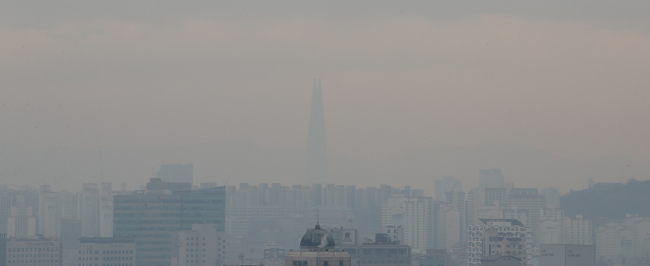
The study showed the dust problem grew worse in South Korea, while the OECD average had improved in the past 25 years. In 1990, the PM 2.5 figure was 26 micrograms, compared to the OECD average of 17 micrograms.
When compared to other Asian countries, the quality of air in Korea is more polluted than Japan and Singapore, which scored 13 micrograms and 19 micrograms, respectively.
China recorded 58 micrograms, followed by North Korea at 34 and Laos at 33.
The latest survey came as South Koreans debate the cause of the deteriorating air condition, crucial for deciding on measures to curb it.
While many have pointed to China as the main culprit, the South Korean government highlights emissions from diesel engine cars and business sites dealing with construction waste or using solid fuel.
The Environmental Ministry last June came up with fine dust countermeasures, including a weekly no-driving campaign and gradually cutting down on benefits given to diesel car owners, with an aim of improving the country’s air quality to levels equivalent to European countries in 10 years.
However, the government’s plan did not gain wide support from the public.
A survey of 1,000 citizens conducted by the state-run Korea Environment Institute last September showed that 53.1 percent of Koreans were dissatisfied with the government’s handling of the fine dust situation, while 55.2 were worried about the current dust concentration.
“I have always thought the fine dust came to Korea through wind from China. Instead of blaming the citizens for causing the dust, the government should make more efforts to stop its influx from China,” Kim Hee-jung, a university student said.
An online community site was also established last May where members gather to demand solutions to the dust problem from the government. In less than a year, membership had expanded to some 30,393 across the country.
While high population density and rapid industrialization are also cited as driving the high concentration of fine dust in South Korea, citizens raise questions as to the possible influx of the harmful particles from outside the peninsula.
In early January, a separate study conducted by the KEI showed that about 70 percent of fine dust particles found in South Korean skies came from neighboring Northeast Asian countries such as China.
Pundits and analysts said that for a more accurate analysis on the impact from other countries, more data needs to be shared between them.
“I cannot say the KEI’s conclusion about (the source of) 70 percent of the fine dust in the country is perfectly accurate. However, it is true that China may have influenced the concentration level of the dust in Korea,” Park Jong-gil, chief of the Atmospheric Environmental Information Research Center of Inje University, said.
“China is not so fond of giving (others) their meteorological information, which makes it hard us to compare the elements of fine dust in the two countries. More cooperation is needed.”
By Jo He-rim (herim@heraldcorp.com)
According to the “State of Global Air 2017,” a report by nonprofit environmental group Health Effects Institute in the United States, the nation’s average population-weighted concentration level of PM2.5 -- which refers to ultrafine particles or particle matter with a diameter of at least 2.5 micrometers -- was 29 micrograms per cubic meter in 2015, above the average 15 micrograms for the Organization for Economic Cooperation and Development countries.

The study showed the dust problem grew worse in South Korea, while the OECD average had improved in the past 25 years. In 1990, the PM 2.5 figure was 26 micrograms, compared to the OECD average of 17 micrograms.
When compared to other Asian countries, the quality of air in Korea is more polluted than Japan and Singapore, which scored 13 micrograms and 19 micrograms, respectively.
China recorded 58 micrograms, followed by North Korea at 34 and Laos at 33.
The latest survey came as South Koreans debate the cause of the deteriorating air condition, crucial for deciding on measures to curb it.
While many have pointed to China as the main culprit, the South Korean government highlights emissions from diesel engine cars and business sites dealing with construction waste or using solid fuel.
The Environmental Ministry last June came up with fine dust countermeasures, including a weekly no-driving campaign and gradually cutting down on benefits given to diesel car owners, with an aim of improving the country’s air quality to levels equivalent to European countries in 10 years.
However, the government’s plan did not gain wide support from the public.
A survey of 1,000 citizens conducted by the state-run Korea Environment Institute last September showed that 53.1 percent of Koreans were dissatisfied with the government’s handling of the fine dust situation, while 55.2 were worried about the current dust concentration.
“I have always thought the fine dust came to Korea through wind from China. Instead of blaming the citizens for causing the dust, the government should make more efforts to stop its influx from China,” Kim Hee-jung, a university student said.
An online community site was also established last May where members gather to demand solutions to the dust problem from the government. In less than a year, membership had expanded to some 30,393 across the country.
While high population density and rapid industrialization are also cited as driving the high concentration of fine dust in South Korea, citizens raise questions as to the possible influx of the harmful particles from outside the peninsula.
In early January, a separate study conducted by the KEI showed that about 70 percent of fine dust particles found in South Korean skies came from neighboring Northeast Asian countries such as China.
Pundits and analysts said that for a more accurate analysis on the impact from other countries, more data needs to be shared between them.
“I cannot say the KEI’s conclusion about (the source of) 70 percent of the fine dust in the country is perfectly accurate. However, it is true that China may have influenced the concentration level of the dust in Korea,” Park Jong-gil, chief of the Atmospheric Environmental Information Research Center of Inje University, said.
“China is not so fond of giving (others) their meteorological information, which makes it hard us to compare the elements of fine dust in the two countries. More cooperation is needed.”
By Jo He-rim (herim@heraldcorp.com)
(责任编辑:资讯)
推荐文章
-
Slot extends perfect Liverpool start
 LONDON:Arne Slot extended his perfect start as Liverpool manager with a 2-0 win against Brentford on
...[详细]
LONDON:Arne Slot extended his perfect start as Liverpool manager with a 2-0 win against Brentford on
...[详细]
-
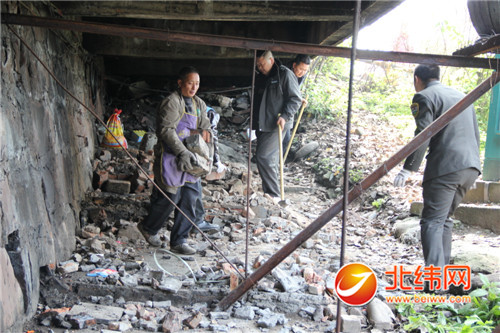 集中乱堆乱放行为帮助清理私搭乱建集中清理废弃物品集中清理乱堆乱丢乱放行为乱堆乱放现象突出雅安日报/北纬网讯25日,市、区城管、食药监、工商等部门联合河北街道办、康藏路社区等工作人员,对下沉式广场的违法
...[详细]
集中乱堆乱放行为帮助清理私搭乱建集中清理废弃物品集中清理乱堆乱丢乱放行为乱堆乱放现象突出雅安日报/北纬网讯25日,市、区城管、食药监、工商等部门联合河北街道办、康藏路社区等工作人员,对下沉式广场的违法
...[详细]
-
 雅安日报/北纬网讯昨(6)日,全市换届风气督导工作会召开,会议总结了第一轮督导各县区换届风气的情况,对下一步督导工作提出要求。3月23日—31日,我市市县乡领导班子换届工作风气督导组办公室组成8个督导
...[详细]
雅安日报/北纬网讯昨(6)日,全市换届风气督导工作会召开,会议总结了第一轮督导各县区换届风气的情况,对下一步督导工作提出要求。3月23日—31日,我市市县乡领导班子换届工作风气督导组办公室组成8个督导
...[详细]
-
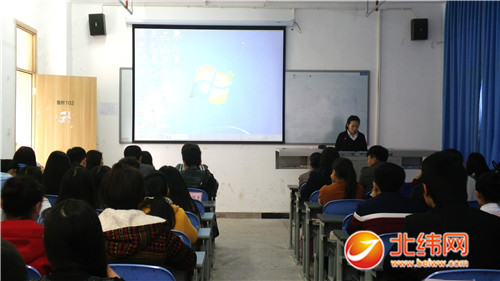 23日下午,雅安职业技术学院的师生们迎来了“创业雅安校园行”活动的专家、导师此次活动由雅安市就业局主办,雅安职业技术学院、市创新创业服务中心承办,旨在为该校学生提供政策咨询、创业指导、项目考察等服务。
...[详细]
23日下午,雅安职业技术学院的师生们迎来了“创业雅安校园行”活动的专家、导师此次活动由雅安市就业局主办,雅安职业技术学院、市创新创业服务中心承办,旨在为该校学生提供政策咨询、创业指导、项目考察等服务。
...[详细]
-
 Jess McAllen ,July 25, 2024 Value Judgment
...[详细]
Jess McAllen ,July 25, 2024 Value Judgment
...[详细]
-
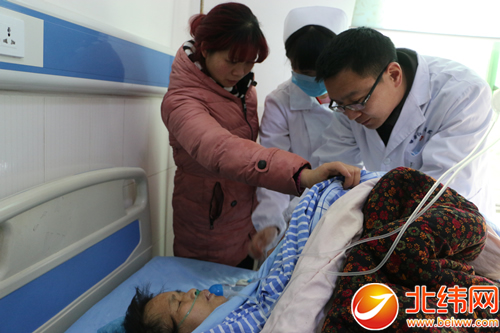 罗女士在病房中守护术后的妈妈● 双目失明的母亲不给子女添负担,有病忍了又忍,结果,因肾结石致右肾几乎坏死、左肾功能丧失一半● 女儿第一次听到母亲称腰部疼痛厉害时,第一时间将远在广西的母亲接到雅安,及时
...[详细]
罗女士在病房中守护术后的妈妈● 双目失明的母亲不给子女添负担,有病忍了又忍,结果,因肾结石致右肾几乎坏死、左肾功能丧失一半● 女儿第一次听到母亲称腰部疼痛厉害时,第一时间将远在广西的母亲接到雅安,及时
...[详细]
-
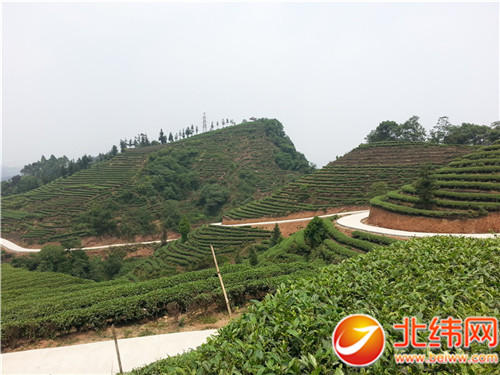 凤鸣顶峰茶园改造提升新建茶园作业道路南郊乡柳阳村蔬菜良种繁育基地攻坚克难促重建,凝心聚力谱新篇。灾后重建以来,雨城区农业局按照“以人为本、尊重自然、统筹兼顾、立足当前、着眼长远、科学重建”的原则,坚守
...[详细]
凤鸣顶峰茶园改造提升新建茶园作业道路南郊乡柳阳村蔬菜良种繁育基地攻坚克难促重建,凝心聚力谱新篇。灾后重建以来,雨城区农业局按照“以人为本、尊重自然、统筹兼顾、立足当前、着眼长远、科学重建”的原则,坚守
...[详细]
-
 200人参会品尝!预制菜也可以破解人们的乡愁_南方+_南方plus“这道菜做得真的很精致!”“原来预制菜真的可以做到0防腐剂。”在2023广东畜禽预制菜产业研讨活动上,熙熙攘攘的人群在企业的美食展示区
...[详细]
200人参会品尝!预制菜也可以破解人们的乡愁_南方+_南方plus“这道菜做得真的很精致!”“原来预制菜真的可以做到0防腐剂。”在2023广东畜禽预制菜产业研讨活动上,熙熙攘攘的人群在企业的美食展示区
...[详细]
-
Families of S. Korean detainees in NK appeal to embassies for support
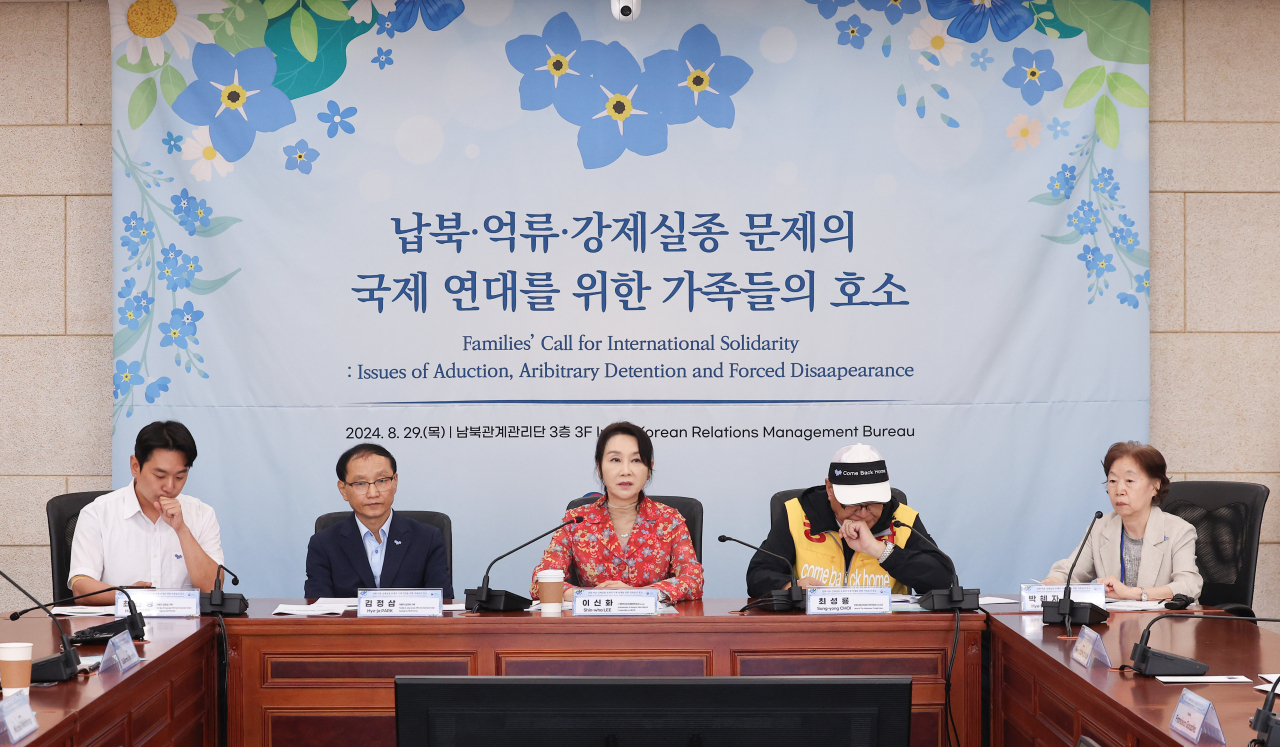 Lee Shin-wha, former ambassador for international cooperation on North Korean human rights (center),
...[详细]
Lee Shin-wha, former ambassador for international cooperation on North Korean human rights (center),
...[详细]
-
 又遇古都,英德红茶在西安的五年_南方+_南方plus自北京马连道后详见《》),英德红茶又遇古都西安,这一次又将有什么样的缘分与故事?千年之前,丝绸之路从长安开始,茶的传播也从长安开始。西汉时期,汉武帝
...[详细]
又遇古都,英德红茶在西安的五年_南方+_南方plus自北京马连道后详见《》),英德红茶又遇古都西安,这一次又将有什么样的缘分与故事?千年之前,丝绸之路从长安开始,茶的传播也从长安开始。西汉时期,汉武帝
...[详细]
热点阅读

 13 Unbelievable Underwater Wonders in Florida
13 Unbelievable Underwater Wonders in Florida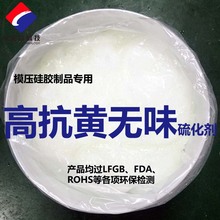 名山区全力筹备确保第十二届蒙顶山国际茶文化旅游节举办
名山区全力筹备确保第十二届蒙顶山国际茶文化旅游节举办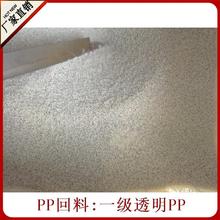 安全无创伤 出血风险低 住院时间短
安全无创伤 出血风险低 住院时间短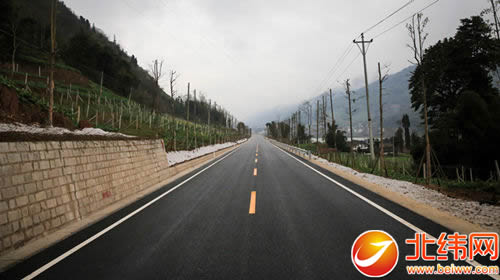 “五一”将至 驾车出行攻略
“五一”将至 驾车出行攻略 18 Places for Epic Outdoor Adventure Across Colorado
18 Places for Epic Outdoor Adventure Across Colorado